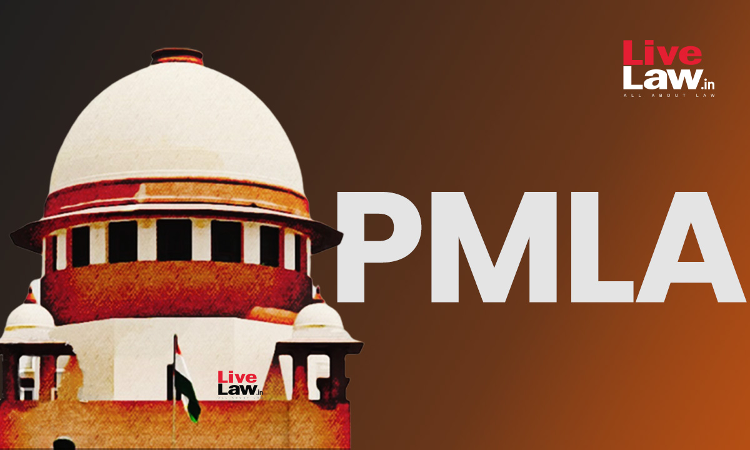A two-judge bench of the Supreme Court has turned down a plea to refer the judgment in Vijay Madanlal Choudhary vs Union of India, which upheld several provisions of the Prevention of Money Laundering Act 2002, to a larger bench.The plea for larger-bench reference was raised on behalf of the accused in the Tamil Nadu cash-for-jobs scam before a bench comprising Justices Krishna Murari and...

